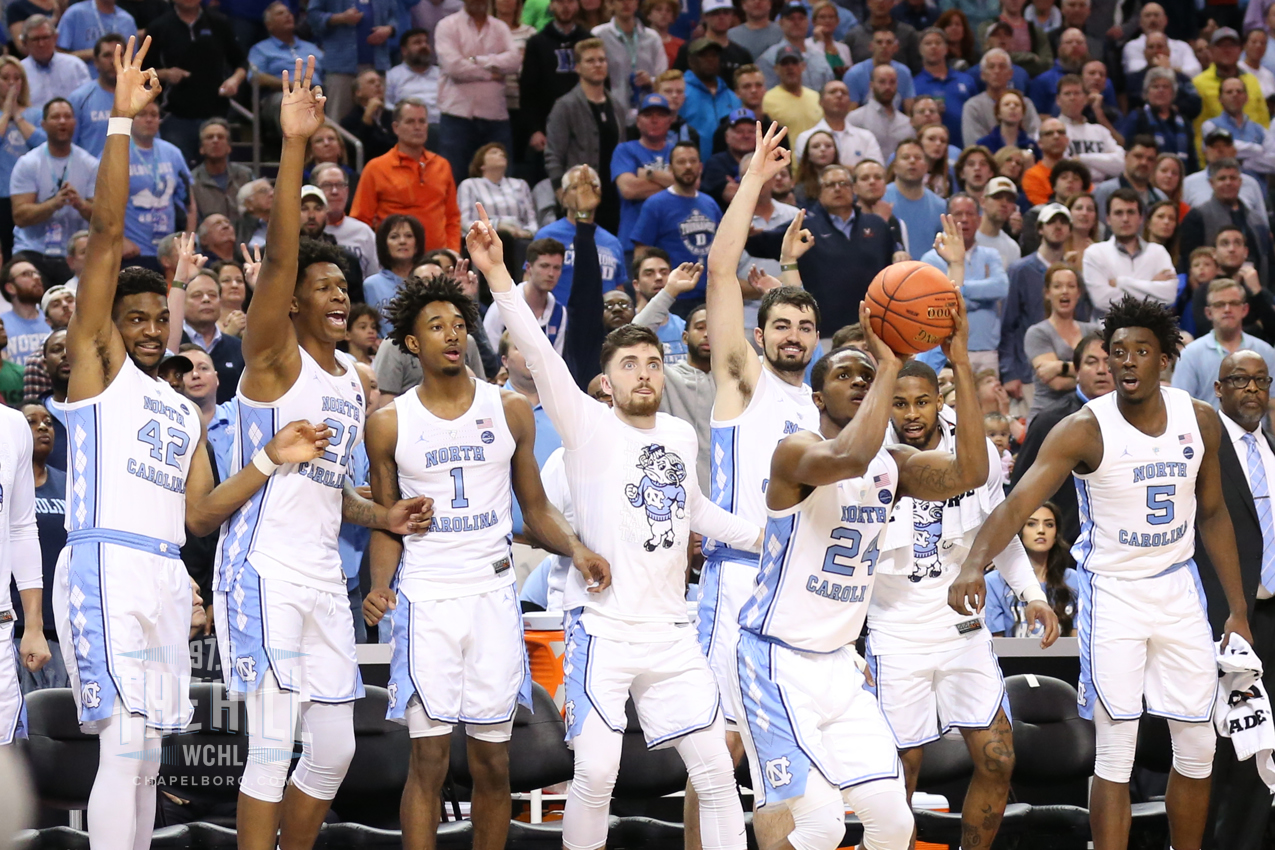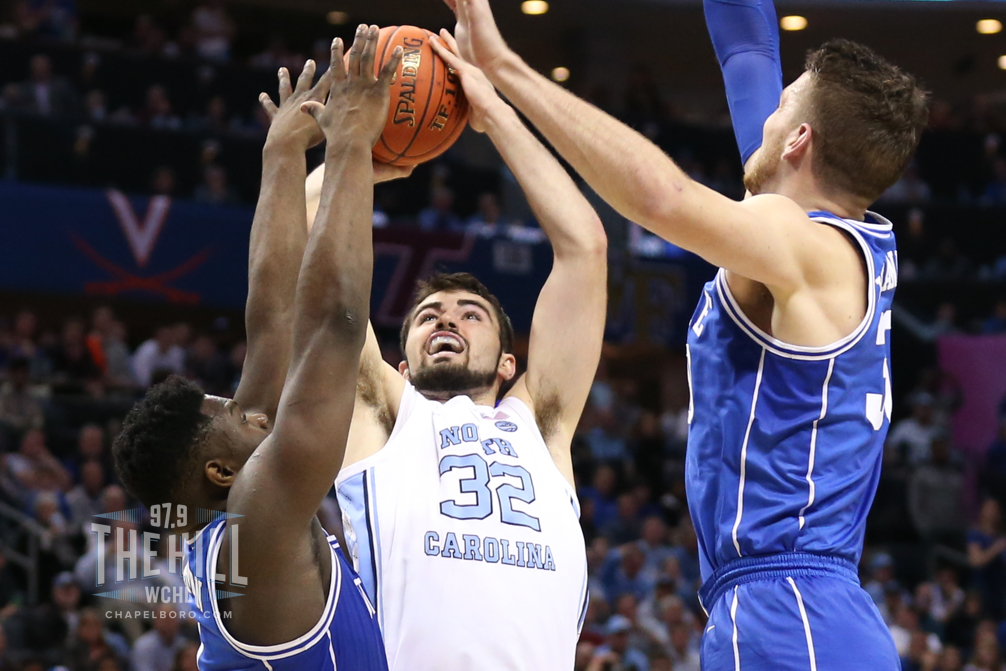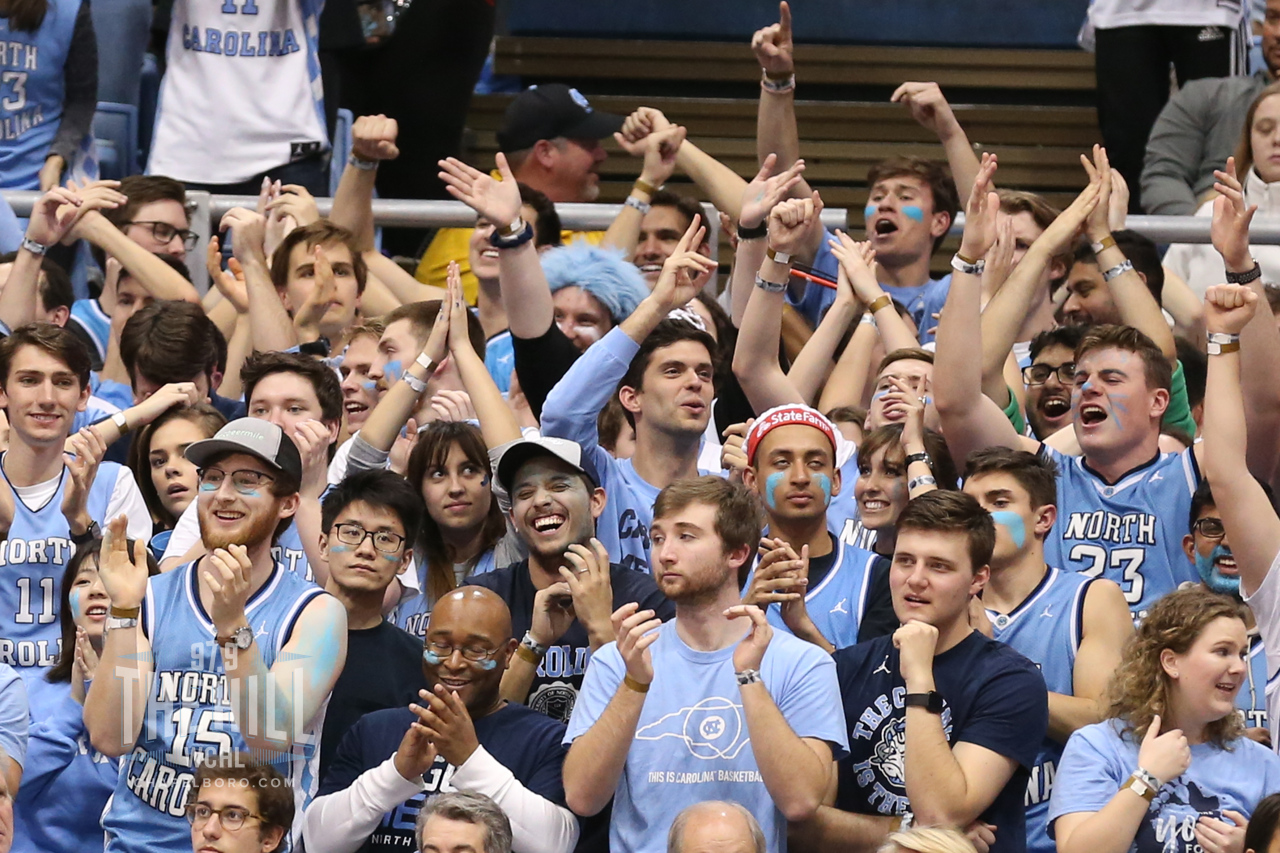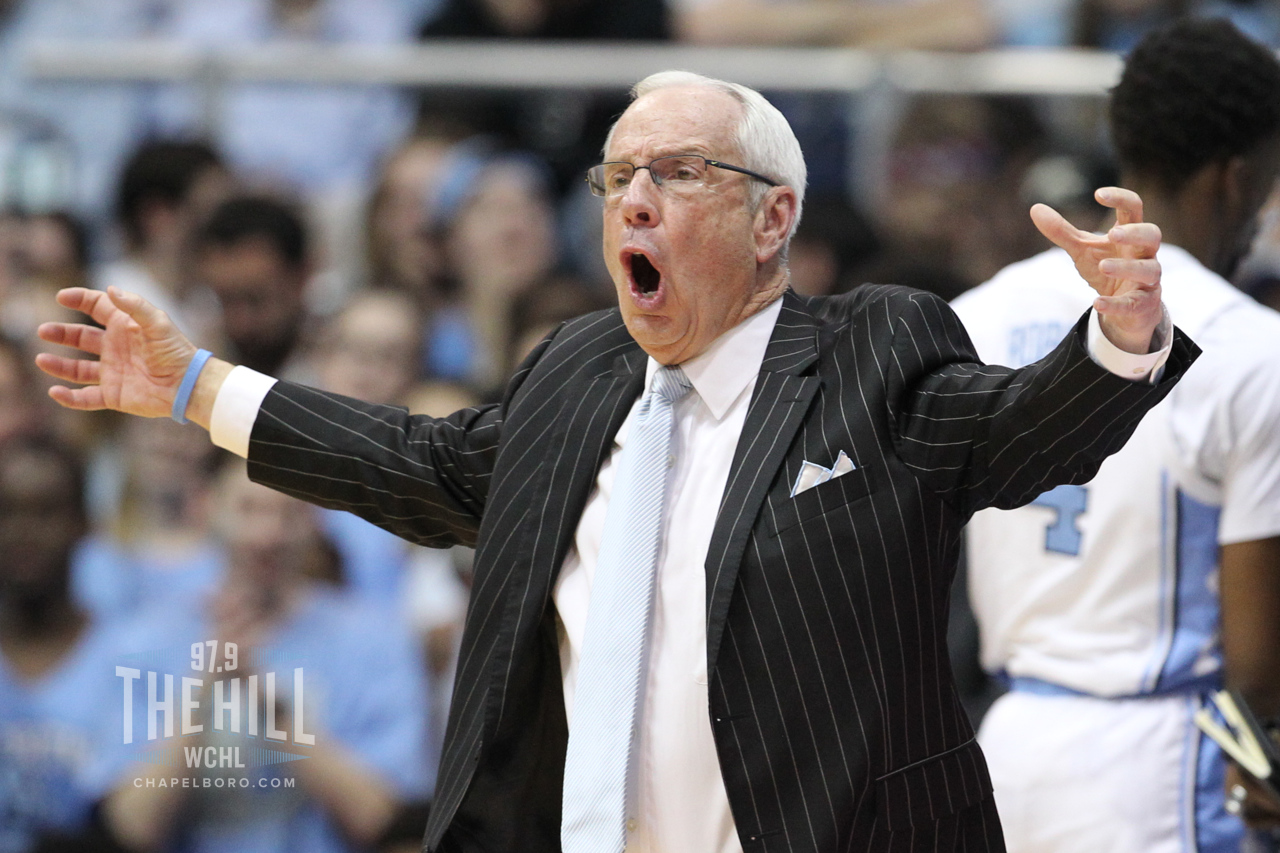Last weekend, the Triangle hosted the 32nd annual North Carolina Pride Festival – a celebration of North Carolina’s LGBT community, in a year when HB2 has made “North Carolina” synonymous in many eyes with “anti-gay.”
When NC Pride first began, back in 1985, being anti-gay wasn’t so much of a black eye – economically speaking, it was more dangerous to be perceived as pro-gay. But some things have changed: the passage of House Bill 2 in March sparked a backlash and a boycott that has already cost the state hundreds of millions of dollars. (And tourism officials, like Laurie Paolicelli of the Orange County Visitors Bureau, say the worst of it is likely yet to come.)
Ironically, though, most of those lost dollars have come in the form of canceled concerts, canceled conventions, canceled sporting events, canceled business expansions, and canceled related travel plans. And all of that primarily affects North Carolina’s urban centers, Charlotte, the Triad, the Triangle, Wilmington and Asheville – the most LGBT-friendly, anti-HB2 places in the state.
As a result, the leaders of those communities have been in a quandary all year. How do you support those who have spoken out so strongly against a law you find abhorrent – while also lamenting the lost events, the lost opportunities, the lost jobs and the lost revenue? How do you promote business, travel, tourism and the arts in Chapel Hill, to people who are denouncing and boycotting North Carolina?
That’s the challenge facing Laurie Paolicelli at the Orange County Visitors Bureau. Prior to HB2’s passage, the OCVB launched a national campaign to attract LGBT tourists to the Chapel Hill area – and Paolicelli says it’s still generating interest, in spite of the state’s reputation.

From the Orange County Visitors Bureau’s new LGBT campaign.
Still, Paolicelli says, HB2 has cost our community a great deal – starting with more than $1.2 million in lost revenue from canceled conferences and travel plans, including the cancellation of a Public Management Research Association conference at UNC that alone would have generated close to half a million dollars. Paolicelli says Orange County also suffers when other communities in the area are hit: hotels fill up in Chapel Hill when Pinehurst holds golf tournaments, so Chapel Hill will almost certainly be affected by the loss of championship events in Durham (ACC baseball) and Cary (NCAA championships).
And that’s just the tip of the iceberg. Paolicelli says there’s one significant bit of good news: the North American Travel Journalists Association is going ahead with their planned conference in Chapel Hill next May (though not without some internal debate), and having all those travel journalists in town will give Orange County a chance to showcase its LGBT-friendly vibe and its commitment to social justice. But she says that’s not likely to offset all the losses from HB2 – not just from previously-scheduled travel plans being canceled, but from all the people and all the organizations who won’t even consider Orange County as a destination in the first place.
How many people is that? How many organizations? It’s impossible to say.
Laurie Paolicelli discussed the effects of HB2 on WCHL with Aaron Keck.
The dilemma also hits those who oppose HB2 and support the fight against it, even though they’d personally benefit from the events that are being lost. Of course that includes the owners and managers of hotels and other tourist-friendly businesses – but it also includes Tar Heel student-athletes, who are losing nearby championship games.
UNC senior Ezra Baeli-Wang is a member of the Tar Heel fencing team, the president of the ACC’s Student-Athlete Advisory Committee (SAAC), and the co-chair of the SAAC at UNC-Chapel Hill. Like all UNC student-athletes, Baeli-Wang was directly affected, in a negative way, by the NCAA’s decision to pull championship events from North Carolina – but he’s also been vocally opposed to House Bill 2, and supportive of the ongoing efforts to fight back against it. This is what he wrote, in an open letter to the campus community following the NCAA’s decision:
As a Tar Heel, this decision is bittersweet. It is heartening to see the governing body in collegiate athletics take a stand against state-sanctioned discrimination and recognize its primary commitment to the safety and inclusion of all the people who make college sports possible. On the other hand, as an athlete, it is devastating to see my teammates and peers lose the opportunity to compete for their friends and family in their home state. This is only the latest in a string of injustices that HB2 has inflicted on UNC’s and North Carolina’s community, and by no means the most egregious. This bill is damaging for everyone—for businesses, for families, for teachers, coaches, students and student-athletes, and especially for all those whom it oppresses. It opposes everything that Carolina stands for, and, in the words of ACC Commissioner John Swofford, it is “counter to basic human rights.”
On behalf of Carolina Athletics, and from one Tar Heel to another, HB2 must be seen for what it is: an act of violence against our community, an attack on the core values of the University of North Carolina. To enforce this law, or even to continue to remain silent, would be to turn our backs on each other. For us, that is not an option. So in closing, I want to reaffirm that Carolina will not waver from its commitment to fairness, inclusion, and ensuring that all who visit this campus for athletic events or otherwise are, and always will be, welcome.
Ezra Baeli-Wang spoke with Aaron Keck on WCHL.
Baeli-Wang says he’s received support for his stance from other Tar Heel student-athletes – as well as high-ranking administrators at UNC-Chapel Hill, including Chancellor Carol Folt and AD Bubba Cunningham. (UNC’s official position, via system president Margaret Spellings, is merely that the NCAA and ACC’s decisions are “disappointing,” because the move penalizes UNC even though it’s not enforcing HB2. Baeli-Wang’s statement echoes that sentiment, but takes a clearer stance against the bill itself.)
In the end, though, one thing is clear: LGBT people across the nation may be steering clear of North Carolina, but HB2 hasn’t silenced the LGBT community that’s living in North Carolina right now. Thousands of people lined the streets in Durham last weekend and cheered for the largest NC Pride parade in the event’s history – a parade made all the more relevant by the ongoing fight over HB2.






